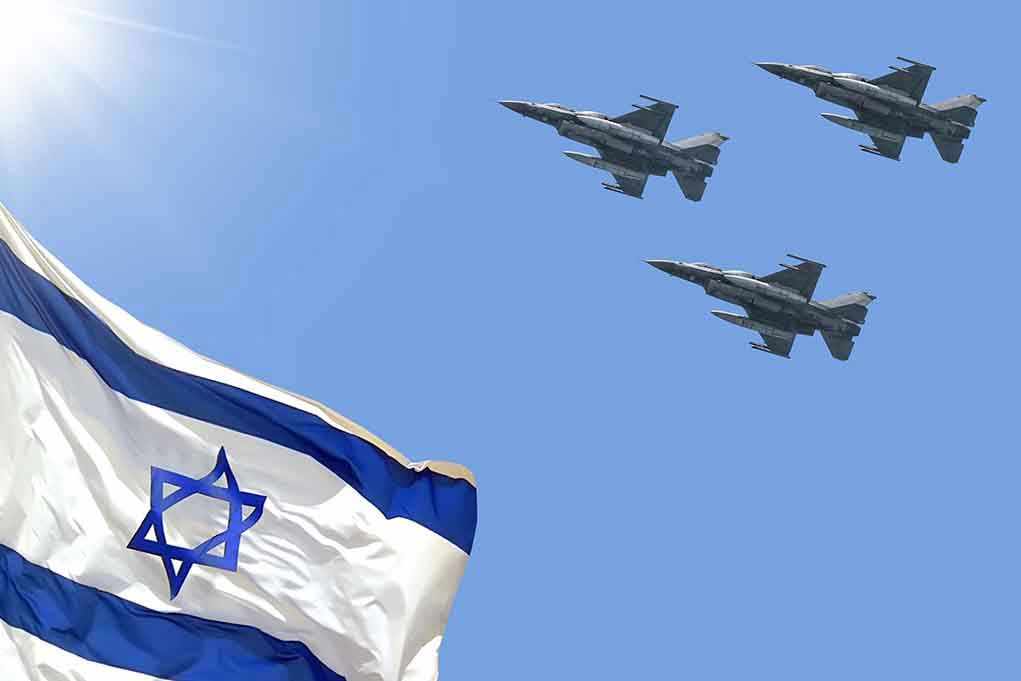
The use of cluster bombs by Yemen’s Houthi rebels against Israel has intensified Middle Eastern tensions, prompting significant military retaliation.
Story Highlights
- Houthis launch cluster bomb against Israel, prompting a military response.
- Israel intensifies strikes on Houthi targets in Yemen, including Sanaa International Airport.
- The conflict underscores the broader Iran-Israel tensions with Houthis acting as Iran’s proxy.
Cluster Bombs Escalate Conflict
In May 2025, the conflict between Israel and Yemen’s Houthi rebels escalated when the Houthis utilized a cluster bomb against Israeli territory. This marked the first documented use of such munitions in the ongoing conflict. The Houthis, designated as a terrorist organization by both Israel and the United States, have increased their attacks since the Gaza war began in 2023. This escalation prompted Israel to respond with targeted airstrikes against Houthi infrastructure, signaling a severe intensification of hostilities.
The introduction of cluster munitions by the Houthis signifies a troubling development, not only for Israel but for international humanitarian law. Cluster bombs are known for their indiscriminate nature and long-lasting danger to civilians. Israeli officials have condemned this action, emphasizing that it breaches established norms and necessitates a firm military response. In retaliation, Israel has carried out a series of air and naval strikes aimed at crippling the Houthi military capabilities in Yemen, including key strategic sites like the Sanaa International Airport.
Impact on Regional Stability
This conflict is not isolated; it is deeply entwined with the larger geopolitical struggle between Israel and Iran. The Houthis, supported by Iran, act as a proxy force, amplifying the regional tensions that have simmered for years. This dynamic showcases Iran’s strategy to exert influence in the Middle East by destabilizing its adversaries through proxy warfare. The ongoing hostilities have led to significant diplomatic fallout, with various regional actors like Saudi Arabia and the UAE closely monitoring the situation.
The United States has played a crucial role in brokering a ceasefire between the Houthis and parties interested in Red Sea shipping security. However, this agreement notably excludes attacks on Israel, highlighting the complexity of the regional conflict and the challenges in achieving comprehensive peace. As the situation unfolds, there is a palpable risk of further escalation, threatening not only the immediate regions involved but potentially destabilizing the broader Middle East.
Long-term Consequences and Concerns
The continued use of cluster munitions and the escalation of military responses pose serious questions about the future of Middle Eastern stability. Short-term impacts include the disruption of air travel and shipping routes, as well as increased civilian casualties in both Israel and Yemen. Long-term consequences could involve a broader regional conflict, undermining humanitarian norms and further destabilizing areas like the Red Sea corridor.
For conservatives and those dedicated to preserving constitutional and humanitarian values, this situation demands close scrutiny. The use of indiscriminate weapons like cluster bombs by the Houthis challenges international laws and underscores the need for a robust response to protect not only national interests but also global humanitarian principles. As the conflict unfolds, the international community must weigh its responses carefully to prevent further escalation while addressing the root causes of this enduring conflict.
Sources:
Wikipedia: Israeli attacks on Yemen (May 2025–present)
Brookings: The road to the Israel-Iran war
ACLED: Middle East Overview June 2025
Britannica: Israel-Iran conflict
Wilson Center: Timeline of Houthi attacks












